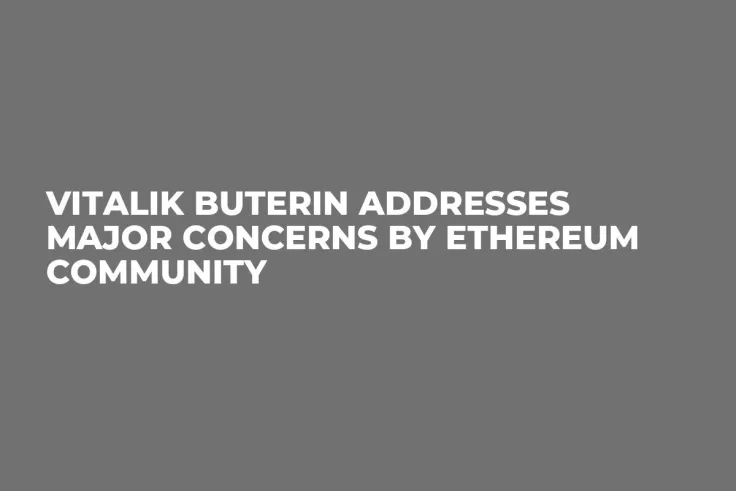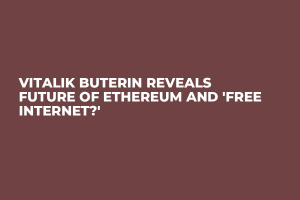Vitalik Buterin has published a new article outlining upcoming Ethereum improvements, particularly focusing on PeerDAS, the Verkle tree transition and decentralized methods for storing history as proposed in EIP-4444.
Ethereum's founder emphasized the importance of decentralization, a key element of ETH's unique development strategy. He also addressed issues like Maximal Extractable Value (MEV) and the balance between minimizing and quarantining it.
The article was inspired by a series of tweets from long-time Geth core developer Peter Szilagyi, who expressed concerns about MEV.
Buterin noted that many of these concerns are already being addressed by ongoing protocol features and that additional issues can be resolved through realistic adjustments to the current road map.
MEV
Buterin discussed Ethereum's approach to managing Miner Extractable Value (MEV), which emerged around 2020 when miners started using complex strategies to gain extra revenue from DeFi activities. This development compromised the fairness of block proposing, favoring larger actors.
Two strategies address MEV: minimization and quarantining. MEV minimization involves creating alternatives like Cowswap and using encrypted mempools to reduce exploitable information.
MEV quarantining accepts MEV but limits its impact by separating block proposing from content selection. Validators focus on proposing blocks, while specialized builders choose block contents via an auction protocol.
Buterin supports a mix of both strategies, acknowledging that MEV will not disappear entirely and emphasizing the need to reduce the potential harm from builders to maintain decentralization.
Decentralization
Buterin also emphasized the importance of making Ethereum nodes accessible, a central issue in blockchain decentralization. He highlighted EIP-4444 and Verkle trees as key technologies to reduce node hardware requirements, potentially to under 100 gigabytes or even near-zero by offloading history storage.
Buterin acknowledged concerns about centralization if responsibility for state maintenance and proofs is offloaded, suggesting an alternative: storing old history in a peer-to-peer network where each node holds a small portion of the data. This would ensure robustness with thousands of copies and potentially use erasure coding for added reliability.
He stressed that while Ethereum Layer 1 should support Layer 2 projects, it must maintain scalability and the unique properties that make Ethereum distinct, ensuring continued decentralization and security.




 Dan Burgin
Dan Burgin Vladislav Sopov
Vladislav Sopov